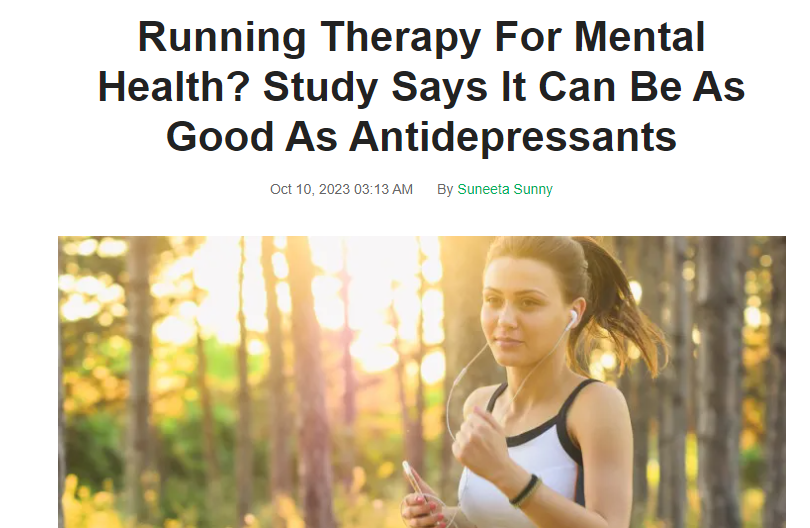Leaving aside any commentary on this preprint, I thought it worthwhile running the numbers that a 20% reduction in relative risk would confer if HCQ really does prevent this many infections
https://twitter.com/_MiguelHernan/status/1311304453484679174
So, firstly, how many people get COVID-19 in a given area over a period of time - let's say a year
Very crudely, if we look at different places in the world with quite large outbreaks, it's around 15-20% at a population level in most places
Very crudely, if we look at different places in the world with quite large outbreaks, it's around 15-20% at a population level in most places
Using the population IFR estimated from our meta-analysis, this gives an overall death rate in a population of (say) 10,000 people of:
0.15*0.0068*10,000 = 10 deaths
0.15*0.0068*10,000 = 10 deaths
What if they were all taking HCQ?
Well, the relative risk reduction is 20%, so plugging that into our equation:
0.15*0.0068*0.8*10,000= 8 deaths
You'd prevent about 2 COVID-19 deaths in this population
Well, the relative risk reduction is 20%, so plugging that into our equation:
0.15*0.0068*0.8*10,000= 8 deaths
You'd prevent about 2 COVID-19 deaths in this population
Now, what's the harm?
Well, HCQ has a very good side-effect profile, and mostly causes transient issues that resolve. But, for long-term use, there's evidence that it increases the risk of heart issues i.e. thelancet.com/journals/lanrh…
Well, HCQ has a very good side-effect profile, and mostly causes transient issues that resolve. But, for long-term use, there's evidence that it increases the risk of heart issues i.e. thelancet.com/journals/lanrh…
Now, the population in that study isn't exactly comparable to our general, healthy population, because it's a selected group. But leaving that aside, the absolute risk increase for cardiovascular death (dying from heart issues) is about 2 more events per 1,000 long-term users 

In other words, for every 1,000 people who use HCQ long-term, 2 would die of heart disease that would not have otherwise (again, based on a selected population, this risk may be lower in the general pop)
Plugging those numbers in, we find that:
10,000*0.002 = 20 people will die because they are using HCQ long-term
That's...actually not very good
10,000*0.002 = 20 people will die because they are using HCQ long-term
That's...actually not very good
We've saved 2 lives from COVID-19 but sacrificed 20 lives due to the medication side-effects
This is the problem with population interventions - even pretty rare things happen often when EVERYONE is at risk
This is the problem with population interventions - even pretty rare things happen often when EVERYONE is at risk
And the thing is that absolutely, the number I'm using - 2 extra heart deaths per 1,000 - is inflated. But even if it is 10 times lower, in a very large outbreak of COVID-19 (think NYC) HCQ would have no benefit to overall mortality
This calculus doesn't necessarily invalidate or validate HCQ - if nothing else, it's very rough - but it's something worth considering I think
• • •
Missing some Tweet in this thread? You can try to
force a refresh













